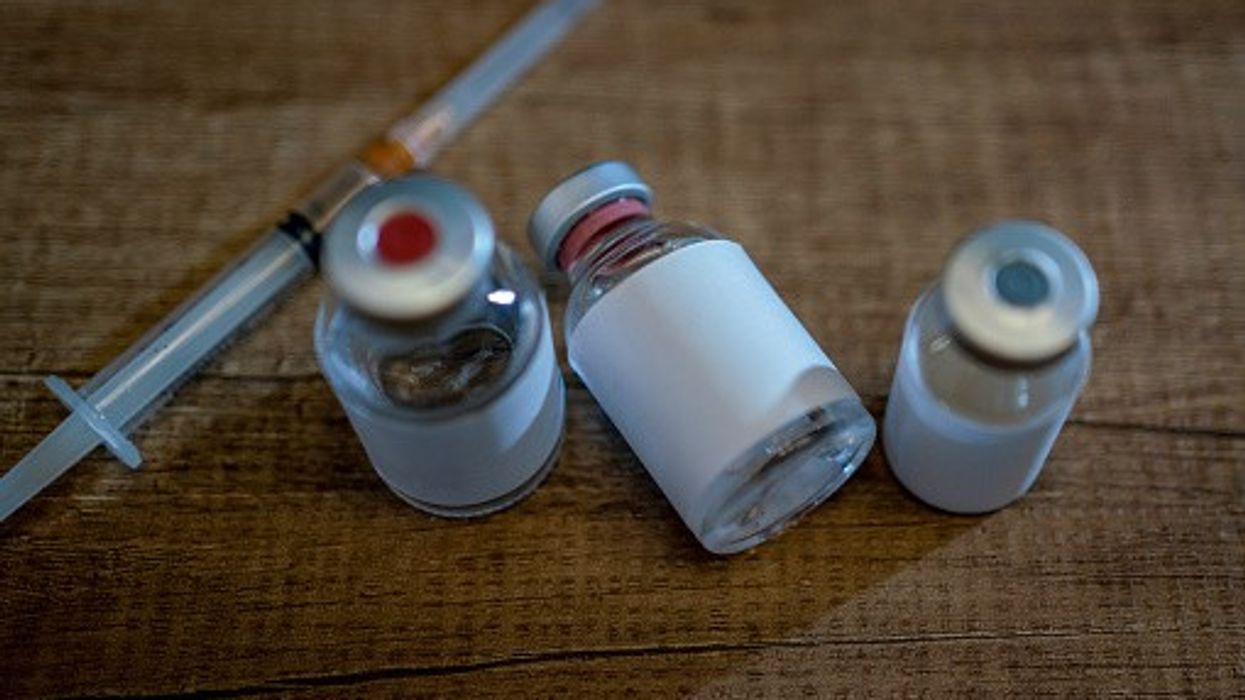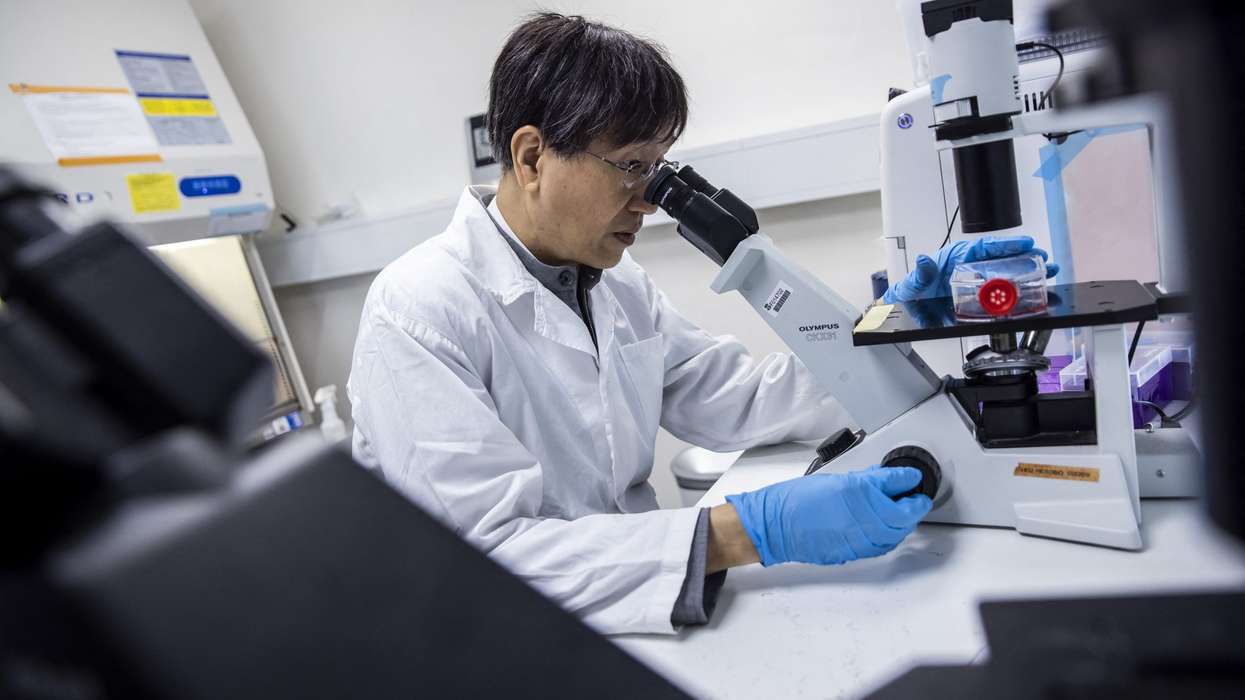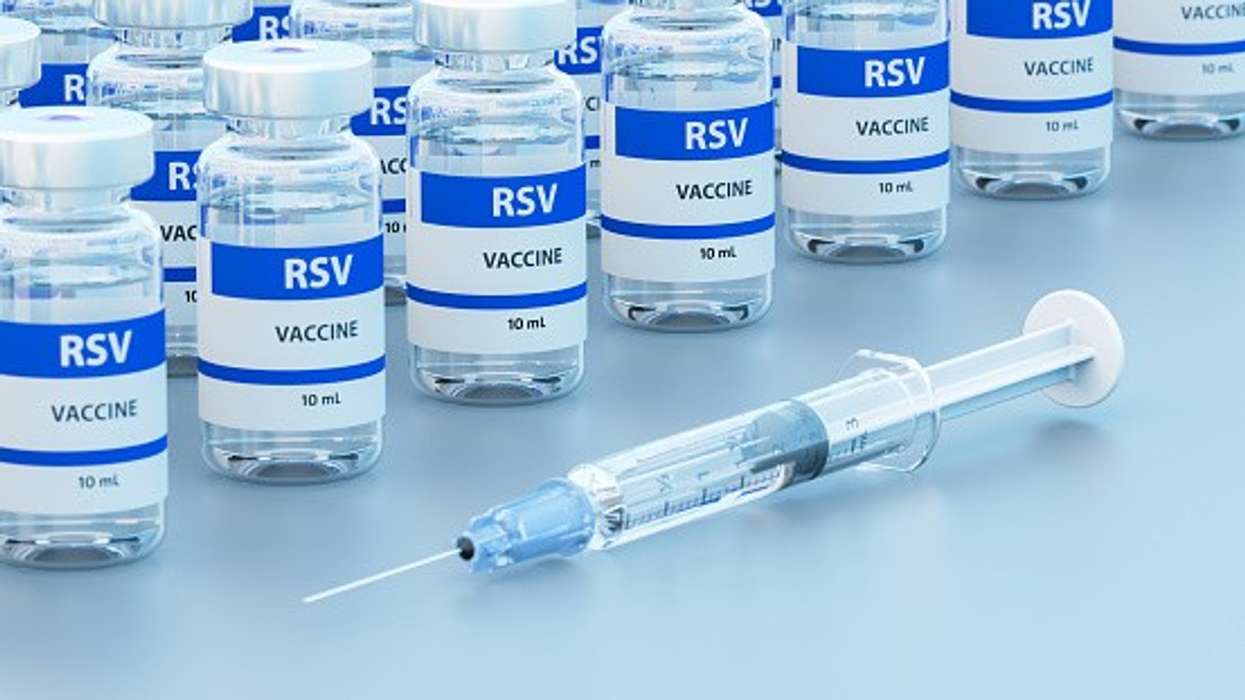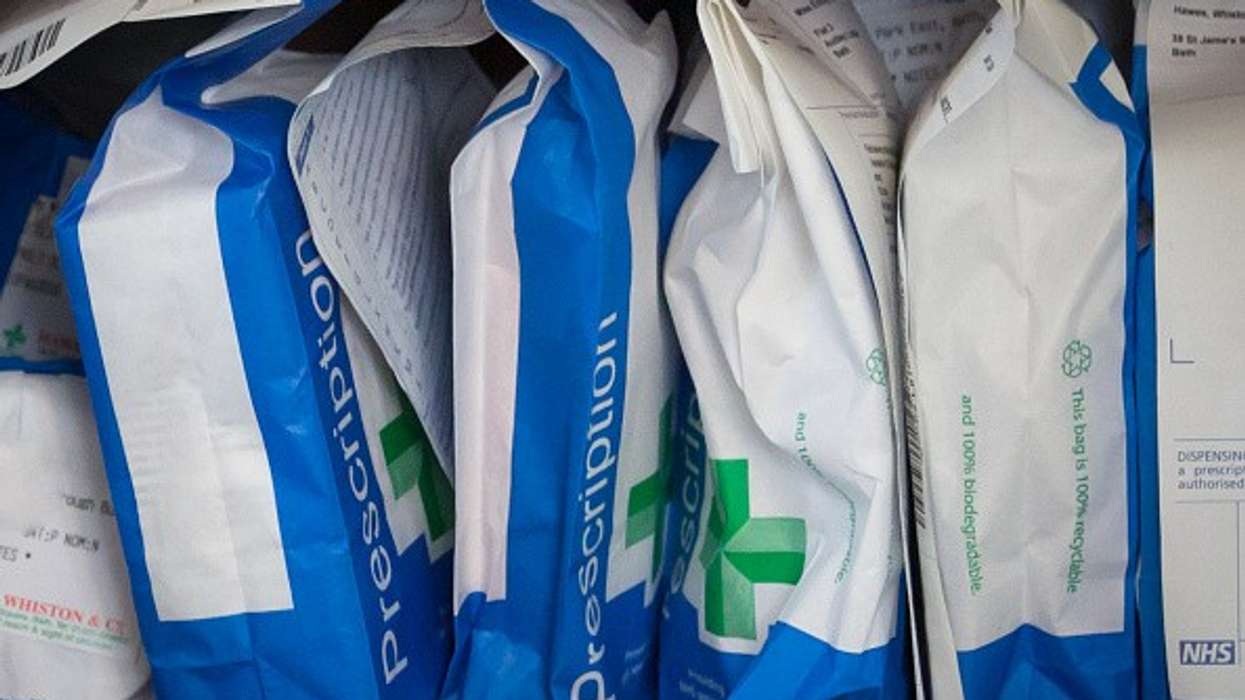Key Summary
- 300 million people globally suffer from rare diseases
- Drug companies are reluctant to focus on rare diseases due to small patient numbers
- Experts feel Nanoespresso can be of help for pharmacists if it clears safety checks
Patients suffering from rare diseases find it a challenge to get the right medicine and care.
Around 300 million people suffer from rare diseases across the globe, and 36 million of them are in the EU.
Drug companies are often reluctant to focus on rare diseases because of low patient numbers and the high costs associated with drug development.
However, according to a paper published in Frontiers in Science, gene therapy device Nanoespresso could help pharmacists create medicines on demand for patients suffering from rare diseases.
A pharmacist can use the machine to mix the ingredients (such as genetic material and fats) into a small cartridge in a very precise way.
This tiny, targeted medicine can be injected into the patient.
Prof Raymond Schiffelers, who led the project, said "by shifting production to the point of care", Nanoespresso could help bring medicines within reach of patients suffering from rare diseases.
However, Nanoespresso will have to clear many regulatory challenges.
The medicines it creates need to pass the safety and quality standards, and regulators will have to decide how they will approve and monitor individualised treatments.












